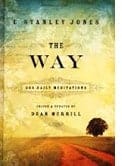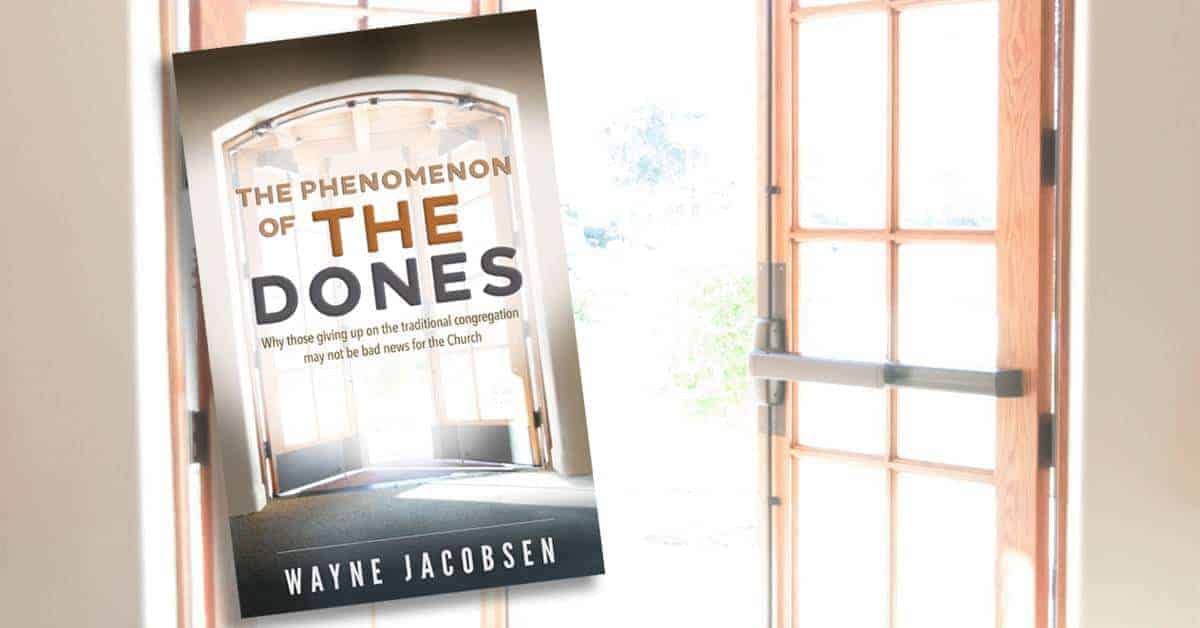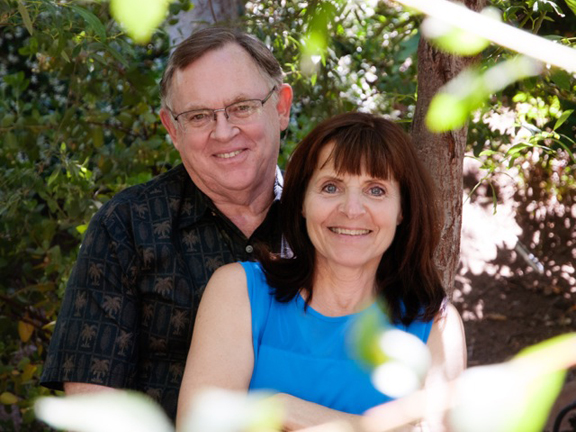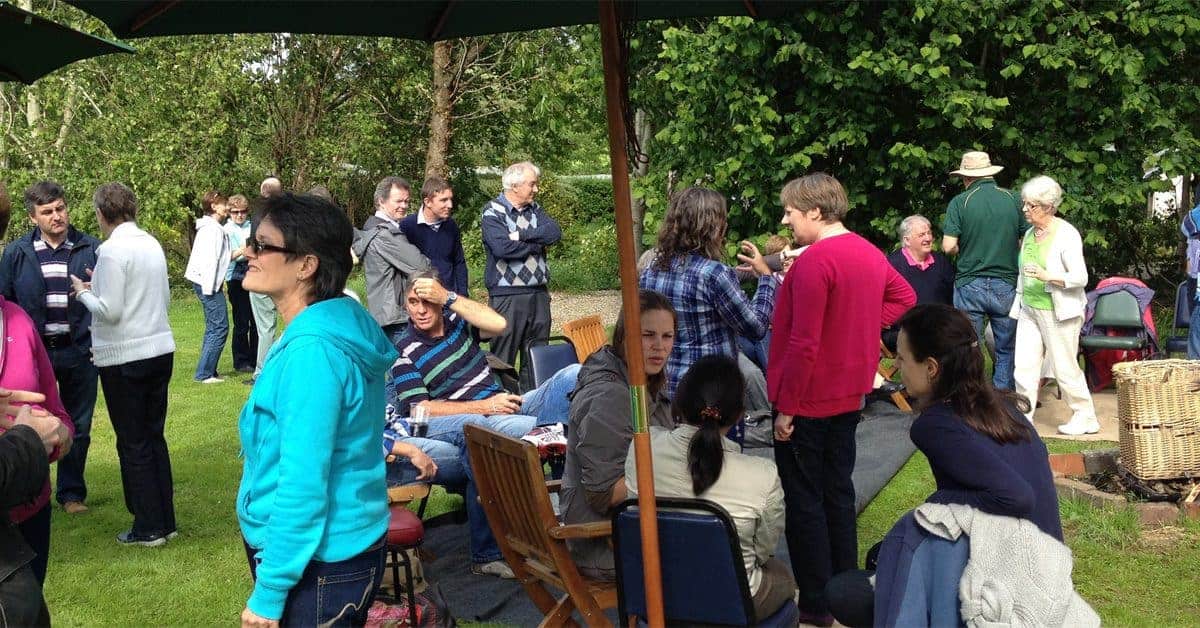God Is Not Ever Silent, He’s Just Unheard
It’s a scary moment when someone realizes knowing about God is not enough to fill the longing of a heart that wants to know him. But if years of religious involvement has not made that connection, where do they look now? The search to know God beyond the concepts and rituals of religion can be disorienting and unnerving. They question everything they’ve been taught and wonder if any of it was real.
I’ve watched many people go through this transition, which is why I recorded the Engage videos years ago. A lot of Christians who attend church haven’t really developed an ever-deepening relationship with the Father, even though Jesus came for that purpose. They believe in him as some distant presence, but haven’t yet engaged his presence beyond the principles and concepts they believe to be true of him. He is not a presence in their day real enough to give guidance and strength as circumstances unfold. Instead he’s a distant thought, a hopeful idea, even a place to invest their prayers in hope of a desired answer, but not someone who knows, them loves them, and wants to walk through life with them.
It’s one of the saddest realities of institutional church life. Even those who’ve been through extensive discipleship training can end up better at religious practice and miss what it is to engage him. That’s because a real relationship with God is not something we can build with him. It’s what he builds with us. Instead of trying to achieve it, we need to learn to recognize how he is doing this in us.
Here’s a recent exchange with someone who is in the middle of this process herself:
I just listened to Engage 1 & 2 and the tears are flowing as I realize after all these years (52 years of church life and living for God). I now struggle with the doubt of His existence. How could that be? After all the study I’ve done, the years of believing what I was taught, after all the “following hard after Him,” which included years of writing devotional stories and teaching others about God and His love, how could I be in this place.? What has happened to me? All these years I believed He was real and now after years of hard situations I am left wondering if what I was told was true. Is He real? What have I believed all these years? I want Him to be real so badly yet I am questioning it all now. I feel so horrible that I am in this place.
All I can do is ask Him, as you suggested. “God if you are real, would you reveal yourself to me?” I honestly struggle to believe that He will answer that cry. Many years of His silence after years of begging prayers has brought that to me.
Thank you for these videos. I truly hope and pray that God will reveal Himself to me in a way that I will know in the depths of my being His existence so that I never doubt again.
My response: You might be thinking about this a bit backwards. He has not been silent. It’s not in his nature. Every day he whispers his love and desires for you. Religious performance just tuned you to the wrong frequency. Now he is re-tuning you and this disorientation is part of it. You’ve pushed away from that which you’re familiar with, but it didn’t bring you life. Now you’re learning to live differently inside the reality of who he is.
He’ll show you, just don’t put any expectations around it. Just look for him and listen for him. In the past you were trying to make it happen, now you’re going to let him make himself known to you as he desires and you’ll find yourself relaxing into that reality. It takes time, that’s why human performance is easier to sell. We want to be in control, but that only makes it more difficult for us to see him.
This is a great journey, one I wish we’d all taken when we were younger. But if we didn’t then, it’s a good time now. I know it seem so risky, but since he is in it the risk is just a perception of our own uncertainty. He can work with that!
These words are powerful for me. You have given me eyes to see something I cannot see. I was talking to God today about my doubt of His existence and how I “feel” like this is going to come down to something I have to do in order to believe, and I remembered your words and was grateful.
I have listened to several of the Engage series and am also listening to The Jesus Lens series:
Here are two things that have struck me.
1. My view of God. I see God as distant, a far off, over in the corner with His hands folded watching what’s going on. He’s watching over things, making things work together for good, etc. I realize I do not see him close to me, like I do Jesus. I see Jesus with His arms around me, giving me a hug on BEHALF of the Father.
2. I heard the words today about making God in our own image and it struck me. Unbeknownst to me I have done that. With the religious teachings and my limited understanding I’ve made God into the image in my head….
I love what her heart and mind are sorting through here. She’s seeing things from a very different perspective and that will bear fruit over time. This process is not quick or easy, but once we learn to engage God as he wants to engage us a whole new life in him opens up that is filled with adventure and hope.
If you’re wrestling with some of these same realities, why don’t you join her working through Engage? It’s a series of short videos about recognizing this amazing process. You listen to one every couple of weeks or so and process it in your own work with him.













